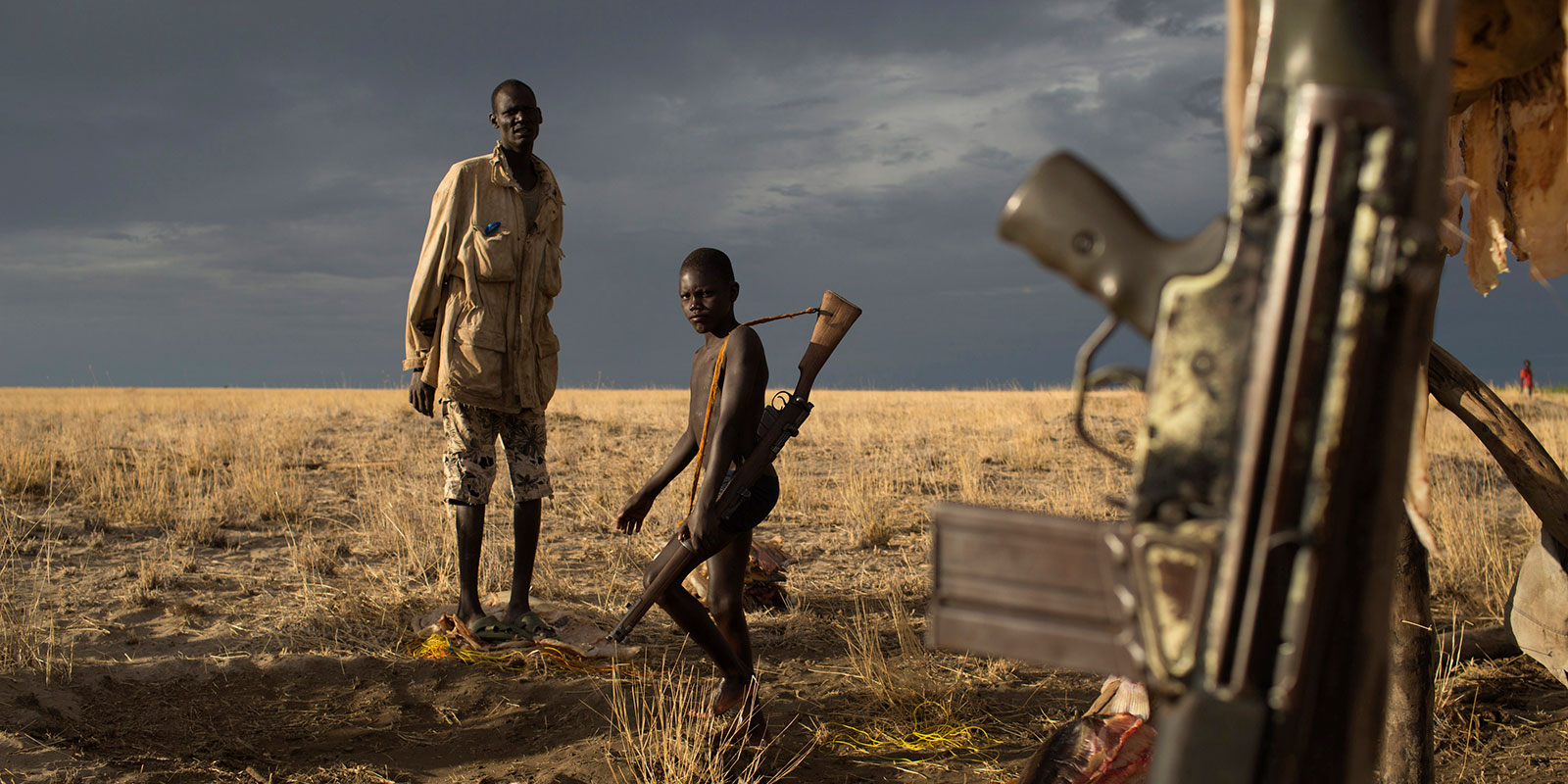In spite of the call by the UN Secretary General for a global ceasefire, Africa continues to witness terrorists actively seeking, and finding space, to pursue their deadly agendas. The focus by the continent on ending the COVID-19 pandemic has seen armed groups not only refusing to put down their arms but also advancing their goals by actively seeking every opportunity to cause chaos, particularly in vulnerable societies. Al-Shabab has continued its attacks in Kenya and Somalia, as has Boko Haram in Nigeria. Other countries that have been affected by armed groups – with some taking advantage of local grievances to promote their agenda and even recruit more militia – include Central Africa Republic (CAR), Burkina Faso, Libya, Mali, Niger, Senegal and Mozambique. Most extremists have exploited the fact that the governments of some of these countries are focused on the prevention and treatment of COVID-19. In some countries, the effects violent conflicts have been so extreme that armed groups have shut down entire areas in ways more effective than any curfew or lockdown.
At both local and national levels across Africa, women – many of them community leaders – almost always find themselves as the first responders to conflict.
Tweet
At both local and national levels across Africa, women – many of them community leaders – almost always find themselves as the first responders to conflict. Some of these women responders, constituting Community Voices for Peace and Pluralism (CVPP) – a network of African women professionals providing services in preventing, transforming and solving violent conflict – decided to support the call for the global ceasefire, given its pragmatic importance for warring parties across the world to lay down their weapons in support of the bigger global battle against COVID-19. CVPP has called for several additional measures, including addressing the willing buyer-willing sellerarms industry by stopping the manufacture and sale of weapons and outlawing all arms dealers in Africa and the world. CVPP has also called for an end to violence by security forces during the enforcement of lockdowns/curfews in various countries, particularly since ceasefires are impossible to meet if uniformed forces are violent. In many cases, however, security forces have faced accusations of violence and abusive behaviour.
The continent’s most vulnerable and marginalised people continue to be the worst hit by COVID-19. The destabilisation and uncertainty brought about by armed conflict and COVID-19 has had a devastating effect on societies, placing extraordinary pressure on women to hold communities together. Vulnerable groups have had to cope with hunger and as the virus spreads, the crisis created by the pandemic is serving as a trigger or justification for even more violence. None of these dynamics – such as hunger, the virus or violence – function independently of each other. Various issues continue to be raised by African women peacebuilders, including members of CVPP, such as the need for conflict-sensitive approaches to responses to the pandemic. In this regard, CVPP has engaged and encouraged decision-makers to take steps to ensure the full representation of women in decision-making roles for every major response to COVID-19 in Africa, as well as the entrenchment of women’s participation in the implementation of ceasefires through gender-sensitive action plans. Various women leaders and members within the wider network of CVPP have also been supporting vulnerable households, particularly those devastated by the aftermath of conflict – such as internally displaced persons (IDPs) – to mitigate the impact of the severe shock of COVID-19 at a community level.
There is a need to provide space to address the risk factors for continued violent conflicts in Africa that have been accelerated by the pandemic and its consequences. Although efforts to deal with the COVID-19 pandemic must continue, it is equally important to focus attention on the devastating impacts of armed violence on various communities. One way of ensuring that is to continue to prioritise the implementation of the call for a global ceasefire, and to place this at the top of the policy and implementation agenda.
Alice Wairimu Nderitu is an author, armed conflict mediator, columnist and ethnic relations educator. See https://wairimunderitu.com/

